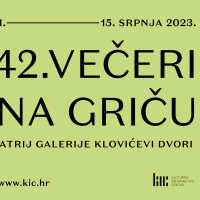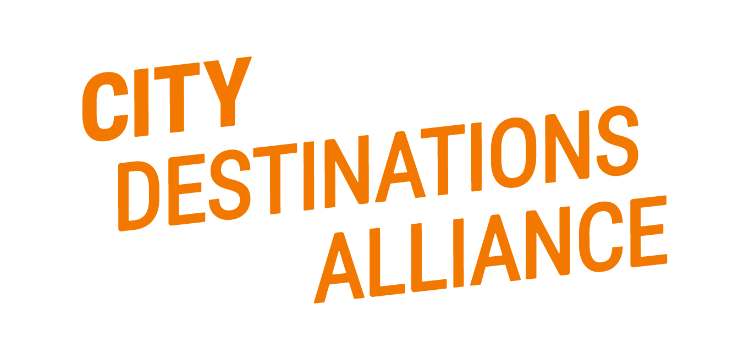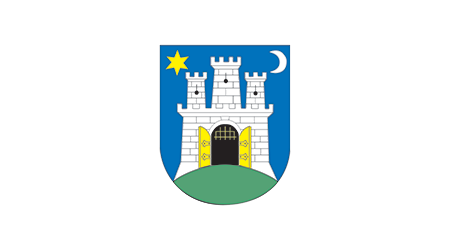International Healthy Cities Conference
In the second half of October the city of Zagreb will host the International Healthy Cities Conference for the second time. The participants include about 300 mayors of European cities. The city of Zagreb was the host of this conference 20 years ago when it was held for the first time.
 Zagreb will host the International Healthy Cities Conference for the second time from October 15th to 18th. This will be the largest gathering dedicated to health that has ever been held in Croatia and the participants will include 300 mayors of European cities. The organizer of the conference is the World Health Organization Regional Office for Europe. The first time the event was ever held was actually in Zagreb in 1988.
Zagreb will host the International Healthy Cities Conference for the second time from October 15th to 18th. This will be the largest gathering dedicated to health that has ever been held in Croatia and the participants will include 300 mayors of European cities. The organizer of the conference is the World Health Organization Regional Office for Europe. The first time the event was ever held was actually in Zagreb in 1988.
The conference will discuss the problems of vulnerable social groups – senior citizens, children, the poor and migrants, as well as the impact of city urbanization on improving the quality of life of citizens and the role of the city in the health of the overall population.
Today, cities and their governments play a crucial role in improving the health of their citizens. The World Health Organization experts have praised Zagreb for its excellent advancements in its environmental system, social politics and abundant greenery, and, in more general terms, opportunities offered to citizens to improve their quality of life.
Within the campaign entitled “Connected Through Health” and launched by the Croatian Healthy Cities Network, every month certain activities are organized that are related to the general topic of environmental awareness in society. The coordinators of the themes are individual cities and counties and the activities include all 25 cities and 17 healthy counties that are part of the Croatian Healthy Cities Network. The idea behind each of the topics is to promote certain human values including democracy, raising awareness of sustainable development and promoting projects of sustainable growth, life-long education, recreation and physical activity, the quality of life of aging population and disabled persons, promoting good neighborly relations, voluntary work, etc.
Published: 08.10.2008
 Hrvatski
Hrvatski English
English Deutsch
Deutsch Spanish
Spanish French
French Italian
Italian Russian
Russian Korean
Korean Japanese
Japanese Chinese
Chinese Zagreb will host the International Healthy Cities Conference for the second time from October 15th to 18th. This will be the largest gathering dedicated to health that has ever been held in Croatia and the participants will include 300 mayors of European cities. The organizer of the conference is the World Health Organization Regional Office for Europe. The first time the event was ever held was actually in Zagreb in 1988.
Zagreb will host the International Healthy Cities Conference for the second time from October 15th to 18th. This will be the largest gathering dedicated to health that has ever been held in Croatia and the participants will include 300 mayors of European cities. The organizer of the conference is the World Health Organization Regional Office for Europe. The first time the event was ever held was actually in Zagreb in 1988. 









